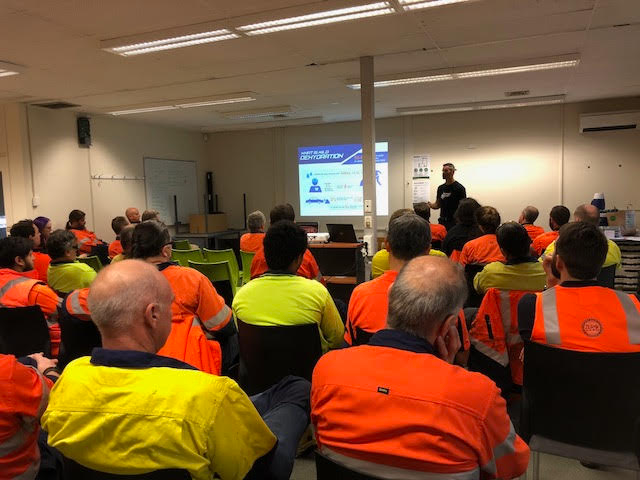Are Toolbox Safety Talks required? How to run a successful one (information provided by ProChoice)

What are Toolbox Safety Talks?:
Businesses are legally required to ensure the health and safety of their workers, and toolbox safety talks are a popular and proven step in helping fulfil that requirement.
They provide an excellent forum for employers to fulfil their legal obligation of consulting with workers around situations which may affect their health and safety, according to SafeWork NSW.
The Purposes of Toolbox Safety Talks:
They also provide workers with the opportunity to express their views, encourage safety hazard reporting and enable workers to contribute to any decisions relating to their health and safety – all critical OHS functions.
In fact, as an employer, you must consult workers on OHS matters such as:
- Identifying hazards and assessing risks
- Making decisions about hazard control measures
- Changing or updating workplace facilities
- Proposing changes which may affect the health and safety of workers
- Making decisions about consulting procedures, resolving safety issues, monitoring workers’ health and conditions, and providing information and training
You must also consult with anyone who has a duty in relation to the same matter(s).
Employer OHS consultation must be regular and ongoing and toolbox safety talks are an excellent way to fulfil this obligation.
How to carry out a successful Toolbox Talk (information provided by ProChoice)
Regular, short (5-10 minute) toolbox safety talks can be conducted before the start of a work shift, during a break or at another time, according to the WA Government.
Topics might cover safety procedures for specific jobs or tasks, PPE usage requirements and instructions, changes in job procedures, rules or regulations and any other relevant information. Ensure clear and specific information is delivered to workers.
Some suggestions for successful sessions include:
- Plan the meeting and inform participants in advance
- Prepare supporting materials or sources for the sessions
- Make attendance compulsory
- Keep records and have participants sign a log for each session. Consider using this template.
- Ask for ideas and feedback from participants
- Encourage participation and feedback





